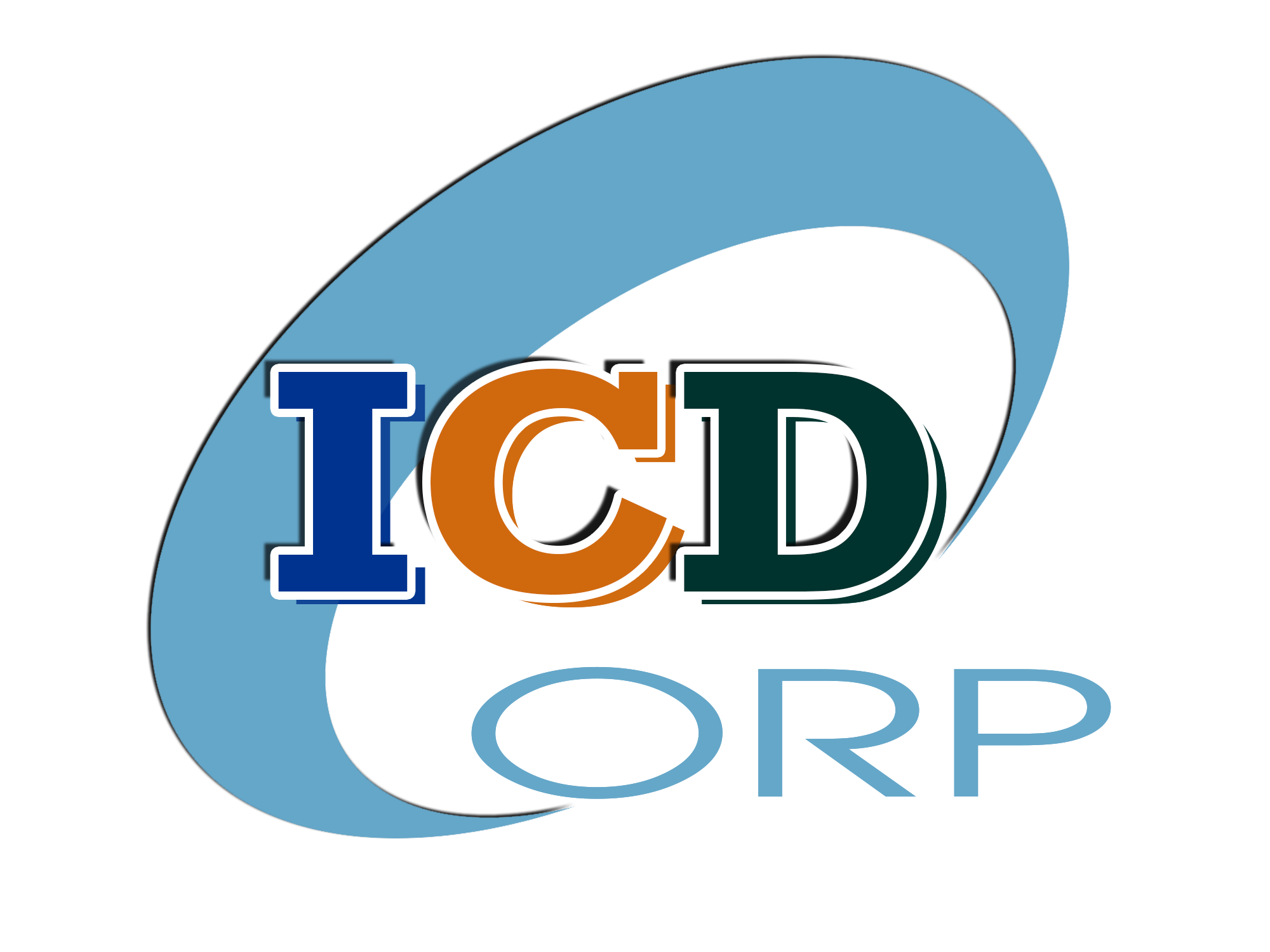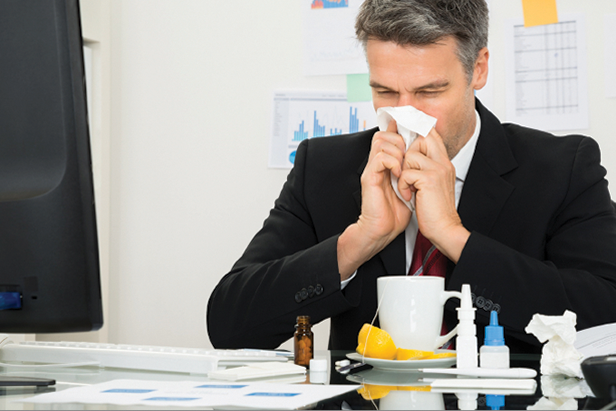Thông Tin Kỹ Thuật
Indoor Air Quality (IAQ): What You Need to Know
Pollution Levels Indoors Can Be 5 Times Higher Than Outdoors
Indoor Air Quality (IAQ) is a term that refers to the air quality in your building, breathed in every day by the building’s occupants. The pollution levels in this indoor air can be up to 5 times higher than outdoor levels (in many cases up to 100 times higher), and people spend more than 90% of their time indoors! Additionally, poor IAQ ranks as one of the top five environmental risks to public health, but is often overlooked by key decision makers.
Extensive Studies Show:
34% of American workers feel that
poor IAQ had caused them to miss work
For every 1000 workers, poor IAQ results in
600 sick days per year
Up to 65% of
asthma cases in school-aged children could be prevented with proper IAQ
Three to four million hospital-acquired infections occur annually,
with up to 80,000 fatalities
Up to 1/3rd of hospital-acquired infections involve airborne transmission
There are 175,268 pages
on IAQ in the U.S. Code of Federal Regulations
56% of commercial maintenance teams actually admit that their
IAQ maintenance is not carried out per IAQ guidelines
Lack of proper air filtration is the
#1 cause of poor IAQ
The Air Inside Your Building Can Contain:
- Mold, spores, pollens
- Carbon monoxide, radon, volatile organic compounds (VOCs)
- Bacteria, viruses and byproducts
- Vehicle engine exhaust, exhaust from industrial plants
- Asbestos, clays, elemental particles and man-made fibers
Have Concerns About Your Facility’s Air Quality? Here is How We Can Help:
The first step in AAF’s collaborative and consultative approach is to conduct a thorough air filtration audit, where we analyze your current state. We can then give you detailed benchmark data based upon the audit results, as well as a life cycle cost report and a standardized list of filters. As the leading provider of air filtration solutions, we can help you create superior air quality in your building and better manage your HVAC system.
5 benefits that you will get from an air filter audit:
- Analysis of your current state by a team of industry experts
- Professional guidance and analysis to reduce your energy spend, decrease your risk, and save you time
- Valuable and detailed benchmark data
- Life cycle cost report that will show you where your HVAC systems could be performing even better
- A standardized list of filters by air handler unit (AHU) and application
Contact your AAF Flanders representative to schedule an audit and to find out how the insights from intelligent data tools, including TCO Diagnostic® and Sensor360®, can improve operational outcomes.

